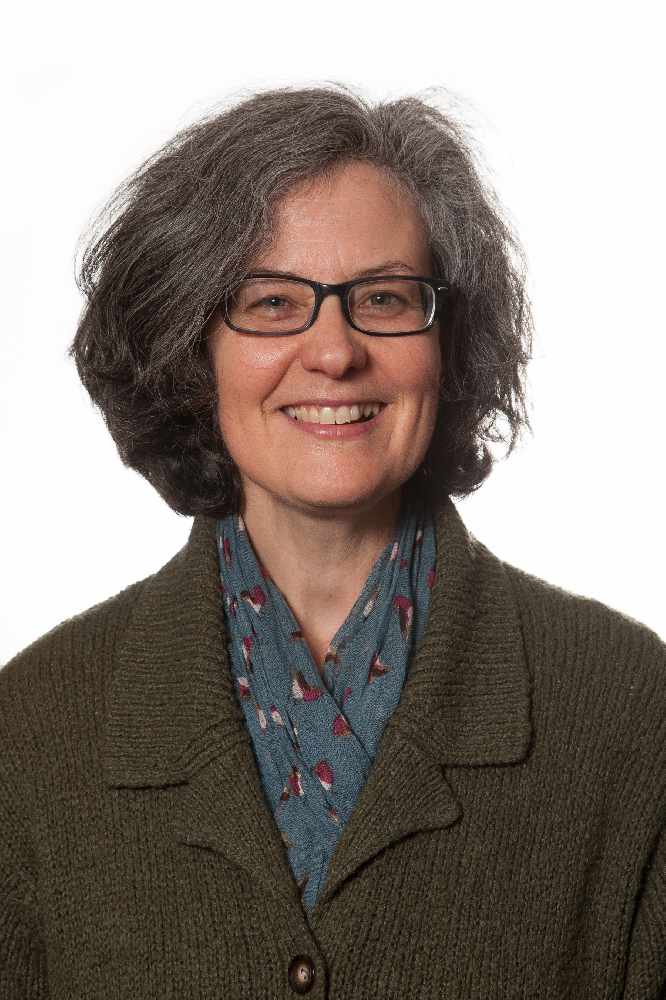
The “rags to riches” story of the Victorian paper-making process saw a Chester professor appear on one of the BBC’s most popular, peak-time programmes.
Ironically, Professor of English, Deborah Wynne, has no television, so relied on feedback from family and friends once the programme had aired!
Reduce, Reuse and Recycle Week, Episode Six of The Great British Sewing Bee, saw all fabric replaced with charity shop clothes and soft furnishings to test the competitive sewers’ creative ingenuity. Viewers learned that recycling was as popular with the Victorians, for whom saving money - not the planet- was then the priority, Professor Wynne informed viewers.
She said: “Victorian people were keen on recycling because most didn’t have much disposable income. Poorer families could sell waste products, such as rags, bones, and scrap metal to traders (‘rag-and-bone’ collectors). Some people even made a living collecting dog excrement as it was used in the tanning industry! Nothing went to waste in the Victorian era because someone could always find a use for the things rich people threw away. Garments frequently descended through various tiers of society, from the rich to the poor, until they became the tattered rags worn by beggars on the streets.”
Professor Wynne was invited on to the programme after one of its producers read her article, ‘Reading Victorian Rags’, in the Journal of Victorian Culture.
The piece had focused on the links between collecting waste fabric and making paper in the Victorian period. The growing publishing industry meant that vast amounts of paper were needed to print all the new newspapers and magazines, making even filthy rags valuable and every scrap of fabric or piece of rag precious because it could be transformed into paper.
She added: “While environmental issues are of paramount importance today for our recycling efforts, as we worry about the effects of landfill waste and the destruction of rain forests, for the Victorians thrift, along with the ethos of ‘waste not want not’, were the main reasons for recycling.”
By strange coincidence, Professor Wynne hosted an online MA seminar on rags and paper-making on the same day she appeared on Sewing Bee.
She is also planning to reschedule a public talk about Victorian textile recycling at a future study day and has co-edited a book – to be published next year - on Victorian manufacturing with Dr Louisa Yates, the Director of Research and Collections at Gladstone’s Library, Hawarden, as well as contributing a section on textiles, their manufacture and recycling. Professor Wynne is also writing an essay on the Brontë sisters and the domestic arts for a book she is co-editing with a Sheffield colleague entitled The Brontës and the Arts. This chapter will discuss (among other things) how the sisters recycled/reused paper and cloth.
Did Professor Wynne enjoy her brush with one of the BBC’s most popular programmes?
She said: “I found it a fascinating experience to visit the “Sewing Bee’s” warehouse studio in Bermondsey last year for my interview. It was also wonderful to see behind the scenes, particularly the sewing room where the contestants work so hard under pressure. I am delighted to have been able to make a small contribution to this exciting and unusual programme.”
Episode Six of The Great British Sewing Bee, “Reduce, Reuse and Recycle Week”, can still be viewed at: https://www.bbc.co.uk/iplayer/episode/m000jk59/the-great-british-sewing-bee-series-6-episode-6
Pictured - Chester’s Professsor of English and The Great British Sewing Bee contributor, Deborah Wynne.

 Protecting people from the sun
Protecting people from the sun
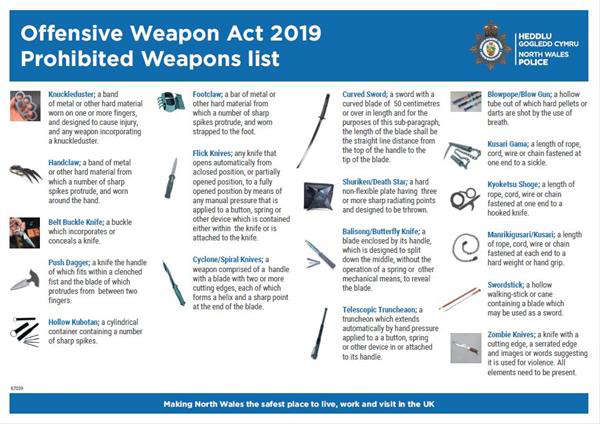 Come and speak to North Wales Police
Come and speak to North Wales Police
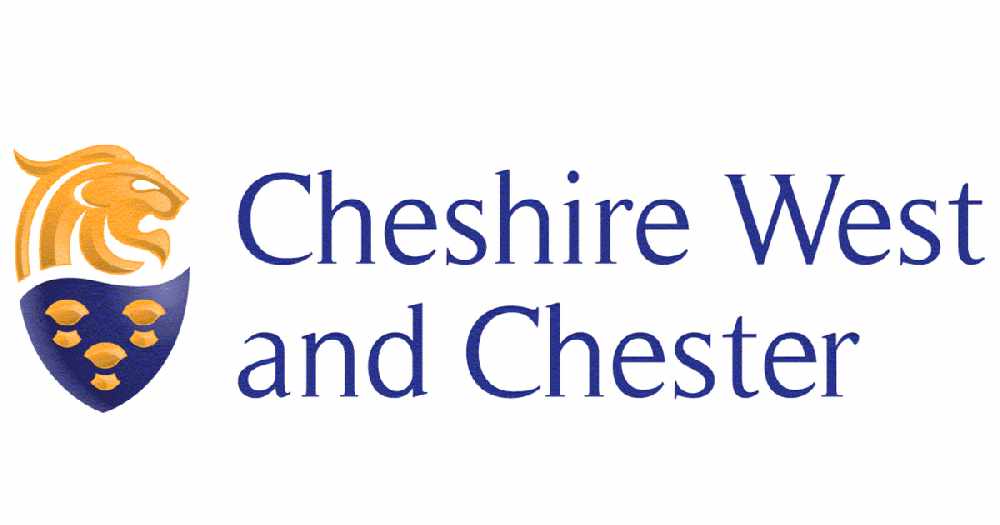 Council to start enforcement of moving traffic offences
Council to start enforcement of moving traffic offences
 Supporting people on their journey to employment
Supporting people on their journey to employment
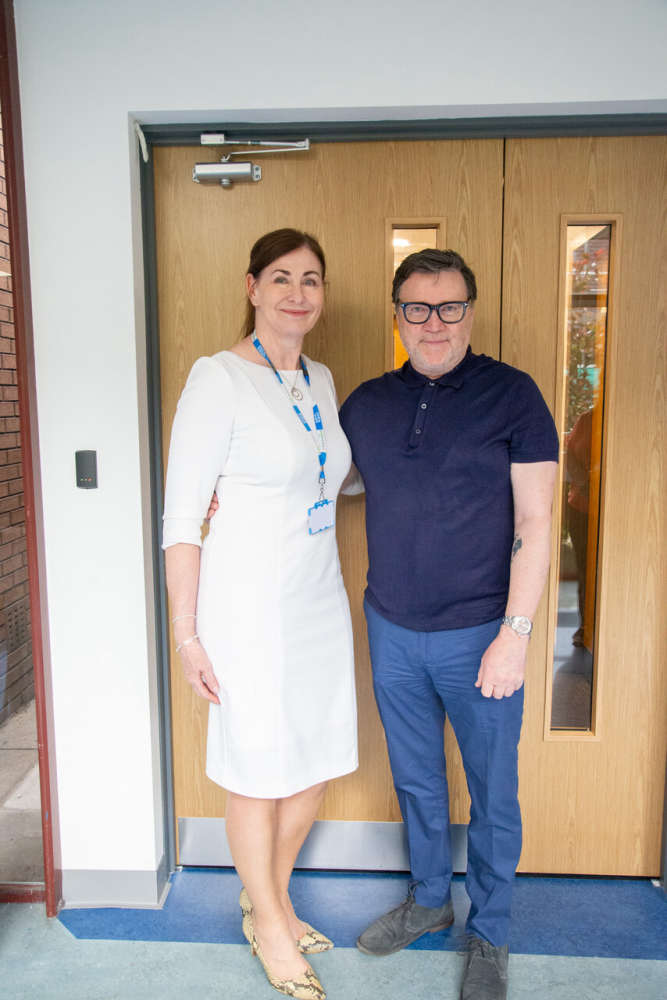 Ian Puleston-Davies opens new staff wellbeing hub at Countess of Chester Hospital NHS Foundation Trust
Ian Puleston-Davies opens new staff wellbeing hub at Countess of Chester Hospital NHS Foundation Trust
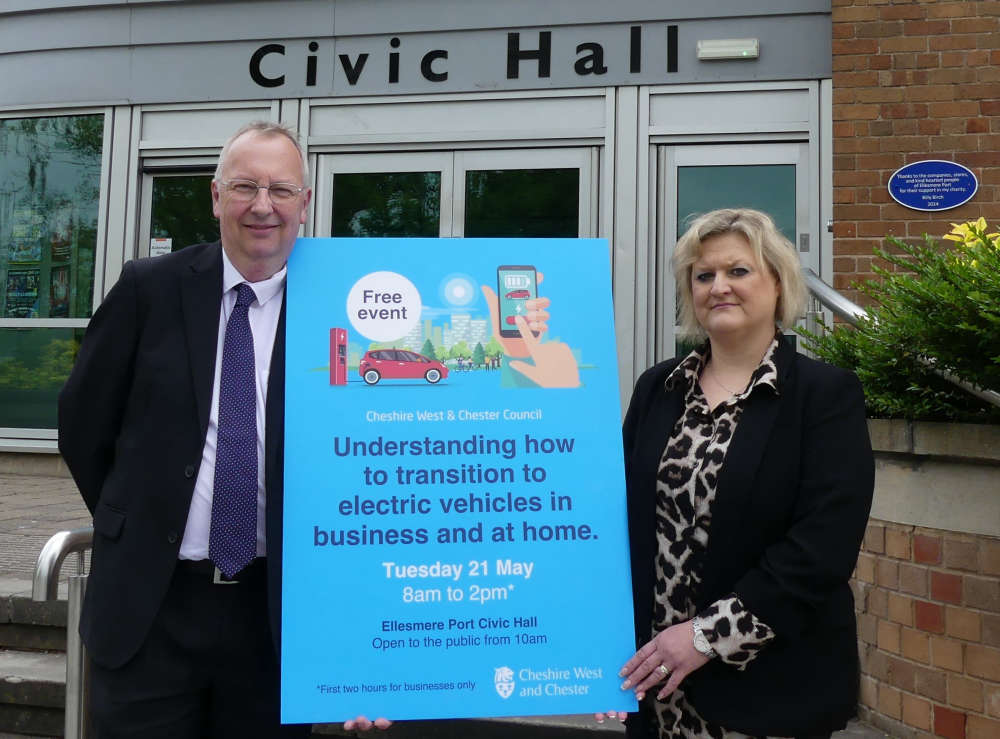 One week to the Council’s event to help you switch to electric vehicles
One week to the Council’s event to help you switch to electric vehicles
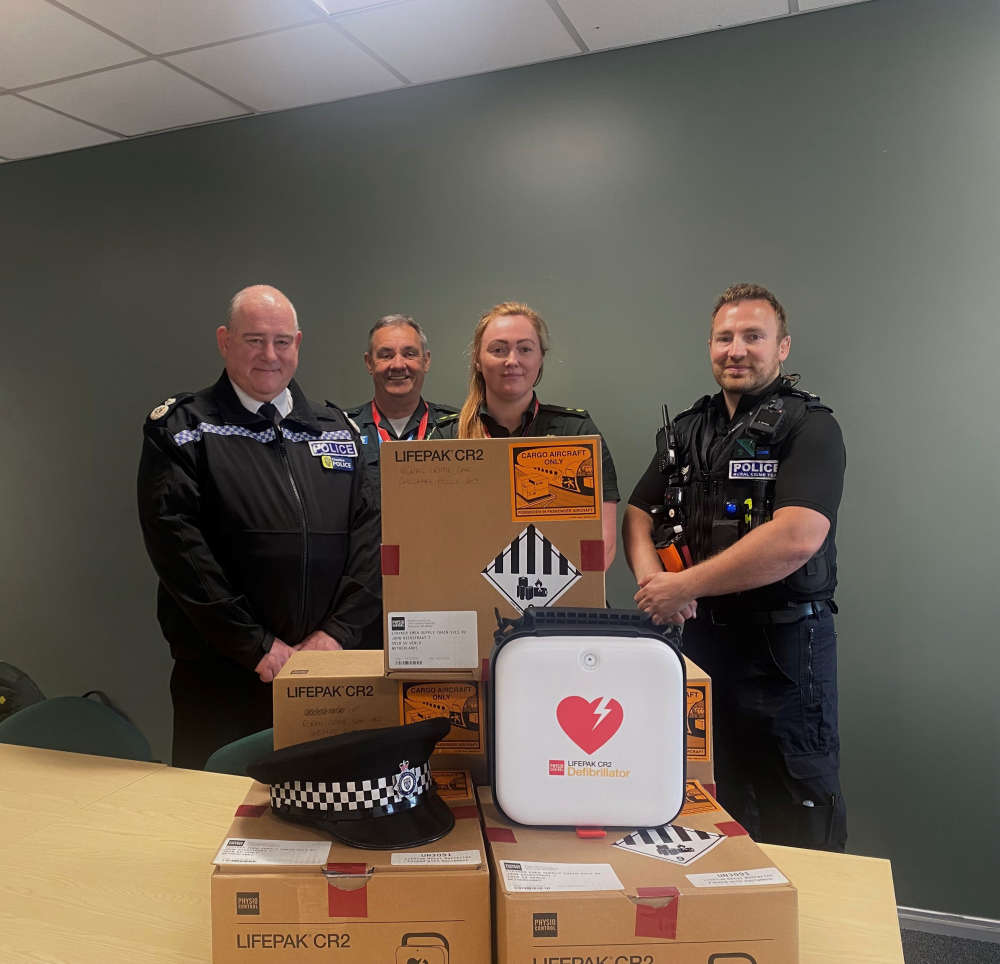 Rural Crime Team equipped with mobile defibrillators
Rural Crime Team equipped with mobile defibrillators
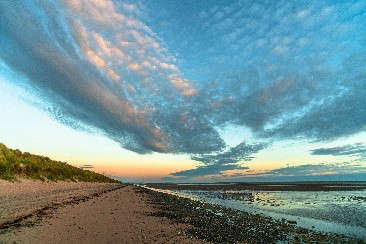 New online hub for the Dee Estuary
New online hub for the Dee Estuary
 Chester and Wirral Football League - Latest Results
Chester and Wirral Football League - Latest Results
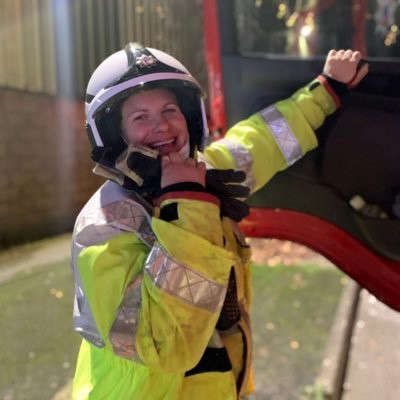 Is being a wholetime firefighter the job for you?
Is being a wholetime firefighter the job for you?
 RISING YOUNG MUSICAL THEATRE STAR SET TO JOIN CHESTER CHOIR AS SPECIAL GUEST
RISING YOUNG MUSICAL THEATRE STAR SET TO JOIN CHESTER CHOIR AS SPECIAL GUEST
 CHESHIRE WOMEN’S CRICKET LEAGUE - LATEST RESULTS
CHESHIRE WOMEN’S CRICKET LEAGUE - LATEST RESULTS
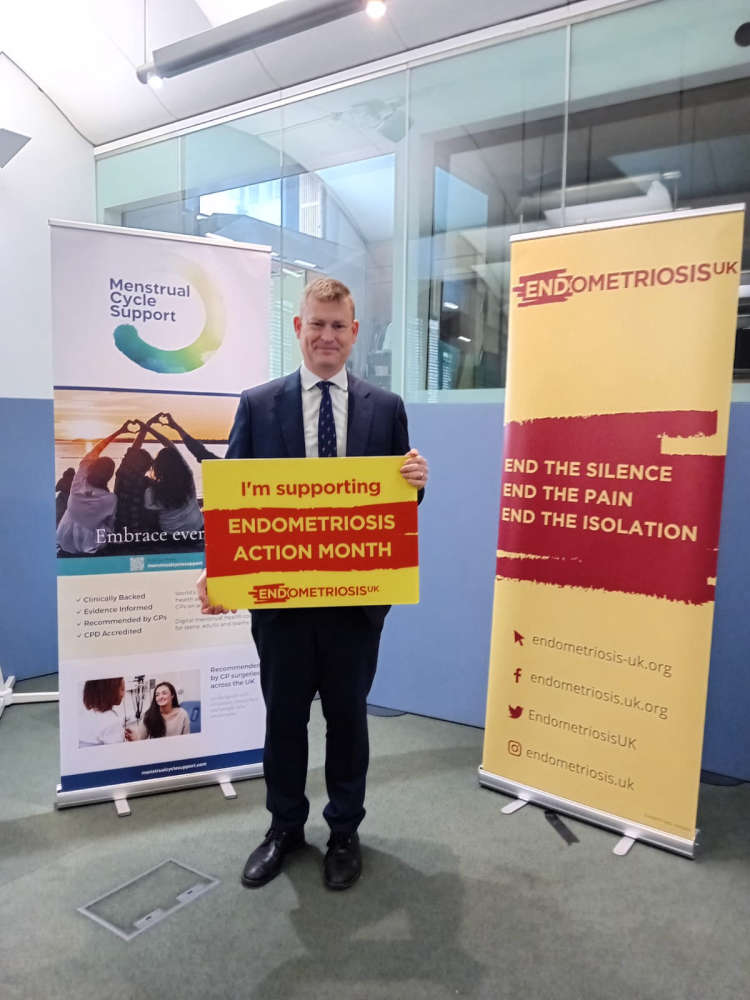 Local MP has pledged support for those suffering with endometriosis
Local MP has pledged support for those suffering with endometriosis
 Make History: Build a Future Free From Homelessness
Make History: Build a Future Free From Homelessness
 Council prosecutes Chester businesses for illegal tobacco offences
Council prosecutes Chester businesses for illegal tobacco offences
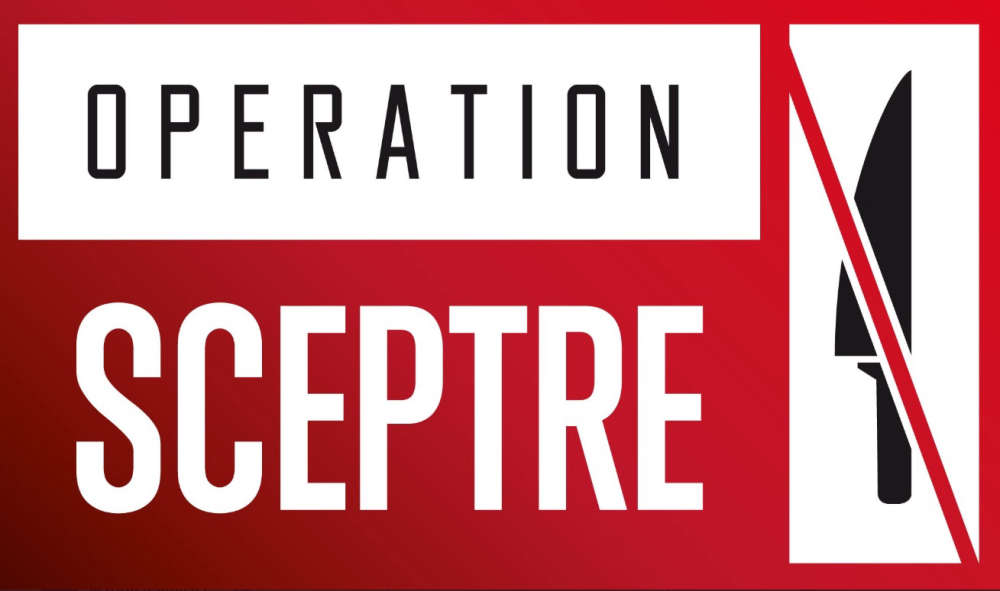 Cheshire Constabulary to support national operation to cut out county-wide knife crime
Cheshire Constabulary to support national operation to cut out county-wide knife crime
 Chester FC Community Trust marks Mental Health Awareness Week
Chester FC Community Trust marks Mental Health Awareness Week
 CLASSICAL MUSIC STARS OF THE FUTURE SET TO TAKE CENTRE STAGE AT CONCERT SEASON FINALE
CLASSICAL MUSIC STARS OF THE FUTURE SET TO TAKE CENTRE STAGE AT CONCERT SEASON FINALE
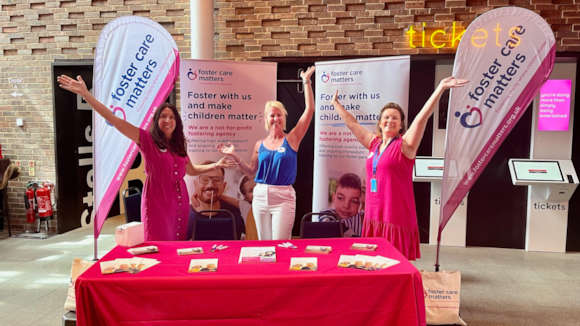 Foster Care Matters Fostering Agency launches in Chester
Foster Care Matters Fostering Agency launches in Chester